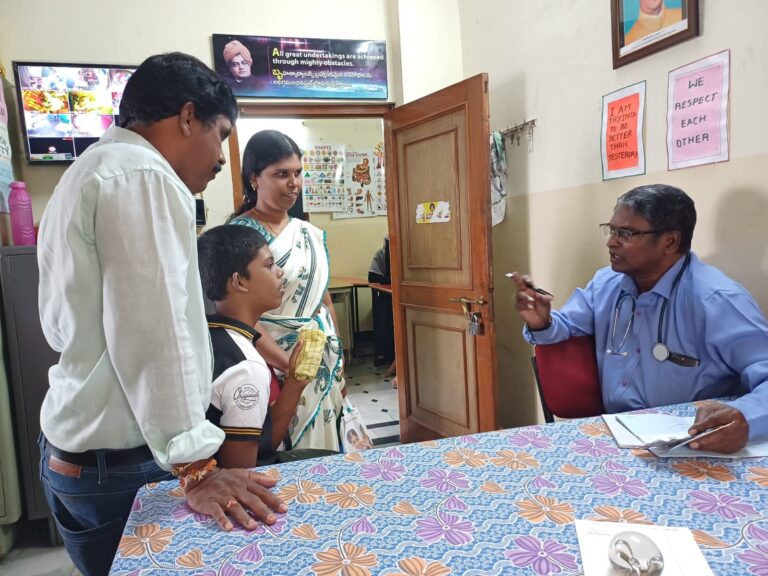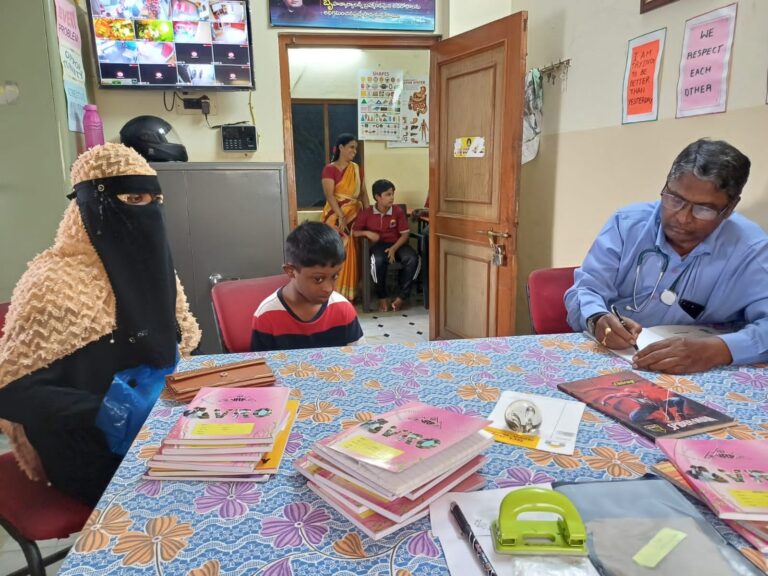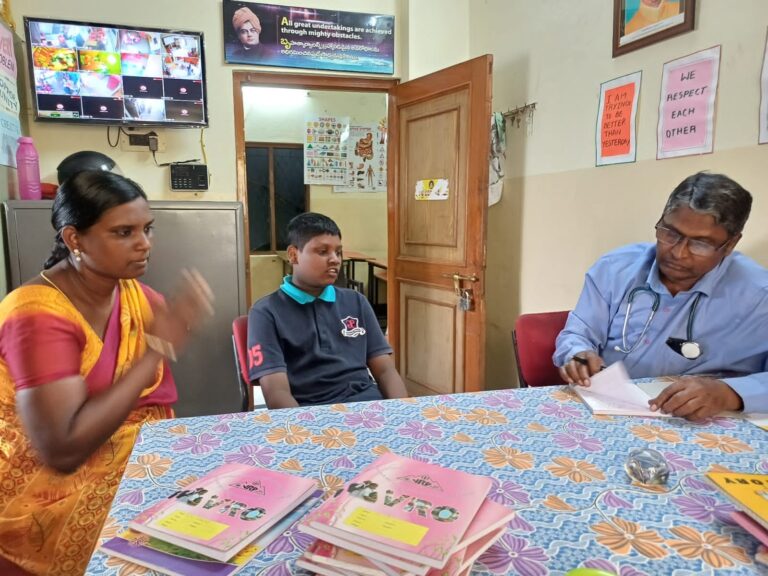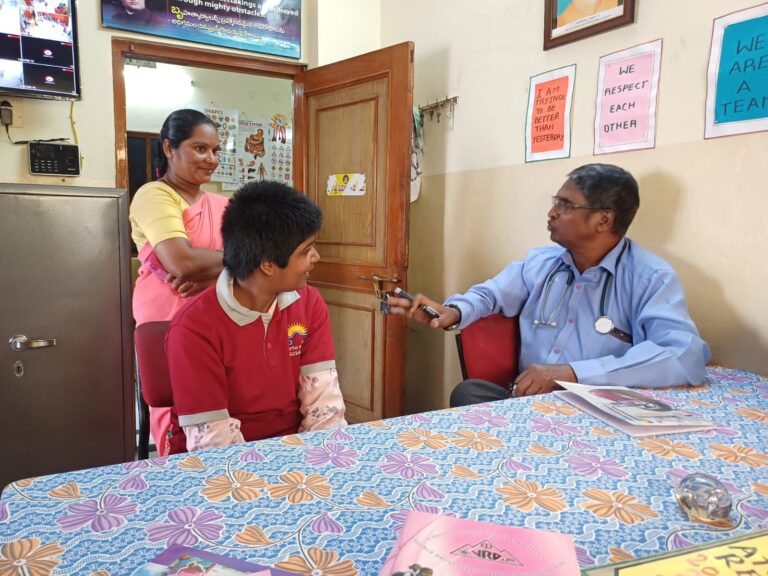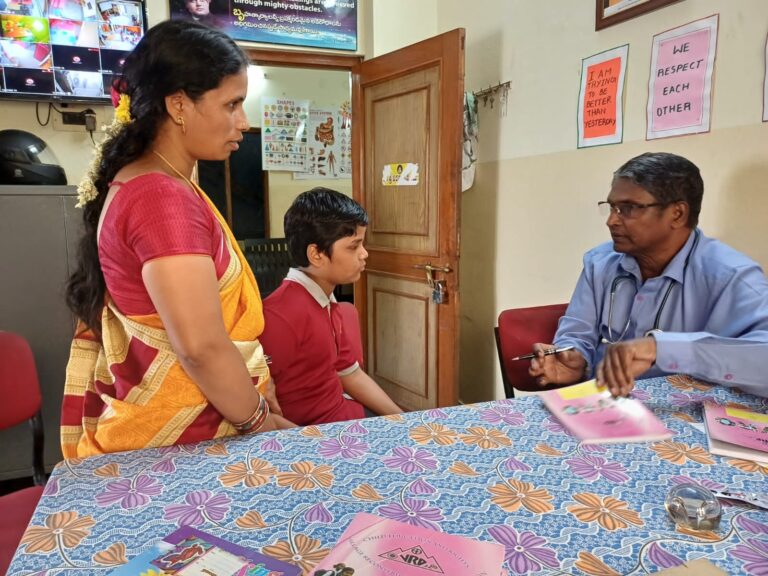psychiatric Consultation

Dr. P. NAVEEN M.B.B.S, DPM, (OSM). FIPS (Reg. No. 10041)
Ex-Psychiatrist Civil Asst. Surgeon Institute of Mental Health Erragadda, Hyderabad. T.S.
Specialist in: Counselling, Psychotherapy, Marital Therapy, Sexual Problems, Behavioural Problems, Mental Retardation, Headache, Epilepsy, Drugs, Alcohol de-addiction, Psychological and Emotional Problems.
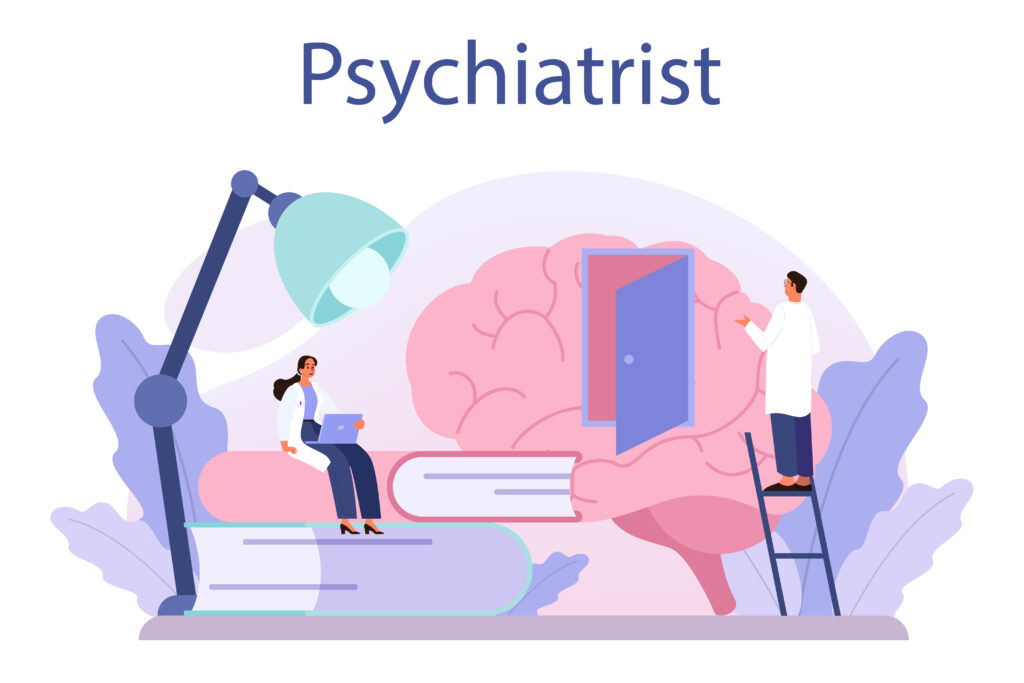
Treatment Options for Psychiatric Disorders in Children with
Intellectual Disabilities.
The treatment of psychiatric disorders in children with intellectual disabilities requires an individualized approach that takes into account their unique needs and challenges. Some common treatment options include:
1. Psychotherapy: Psychotherapy, such as cognitive-behavioral therapy (CBT) or play therapy, can help children develop coping strategies, improve emotional regulation, and address specific behavioral challenges.
2. Medication Management: In some cases, medication may be prescribed to manage symptoms of psychiatric disorders, such as anxiety, depression, or ADHD. The psychiatrist will carefully consider the
potential benefits and risks before recommending medication.
3. Behavior Management Techniques: Behavioral interventions, such as applied behavior analysis (ABA), can help children with intellectual disabilities modify challenging behaviors and learn new skills. These techniques focus on positive reinforcement and individualized strategies.
4. Educational Support: Collaborating with educators and school professionals is crucial for supporting the educational needs of children with intellectual disabilities. The psychiatrist can provide guidance on
appropriate educational accommodations and strategies to enhance learning outcomes.
5. Support and Follow-up: Psychiatric consultation is an ongoing process. The psychiatrist will provide regular follow-up appointments to monitor the children/adolescents progress, adjust treatment strategies if necessary, and address any concerns or questions from the parents.
